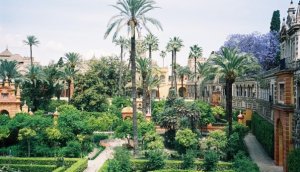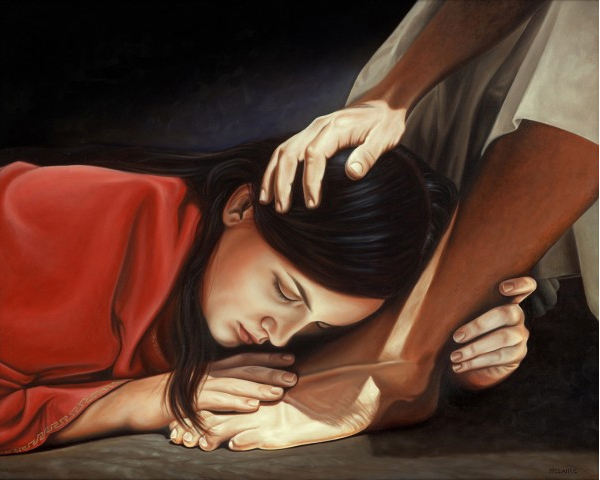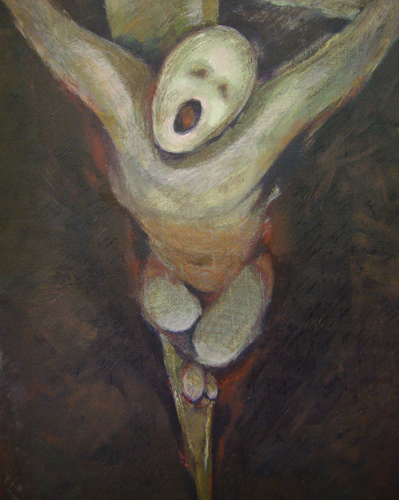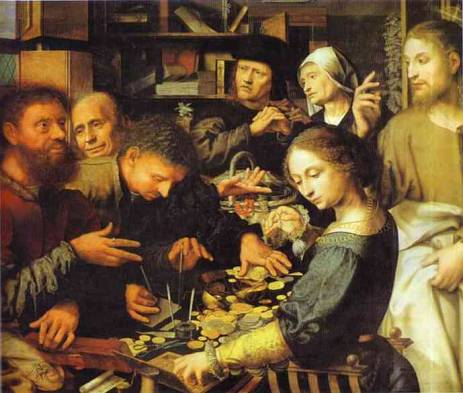The Boer War is a fairly forgotten piece of British Empire history, although ending only a little over a century ago. In the UK we remember Roark’s Drift (mainly because of Zulu), the Relief of Mafeking, Cecil Rhodes and Baden-Powell, the founder of the Scouts. It’s far too easy to have this jingoistic comic-book understanding of British history. In some countries, lots of them, the school history books are doctored to instill a nationalistic pseudohistory in the student, but here simple, subtle mass ignorance suffices.

Britain began the 20th century with systematic mass murder in South Africa, which involved the invention of the concentration camp. Part of jingoistic history is to make evil other: foreigners are and do evil,which we boldly resist. By editing out the evil from our own history, we end up with an overinflated impression of our moral superiority. This makes it important to remember the evil our country has done.
Continue reading “South Africa and the British concentration camps”



 During Holy Week, I had a couple of episcopal moments. On Palm Sunday, six bishops signed a
During Holy Week, I had a couple of episcopal moments. On Palm Sunday, six bishops signed a 


 He had given us this look that cut off our complaints and told us to go with him to see. What would our families say if they saw us? We hoped no one we knew would see us.
He had given us this look that cut off our complaints and told us to go with him to see. What would our families say if they saw us? We hoped no one we knew would see us.

